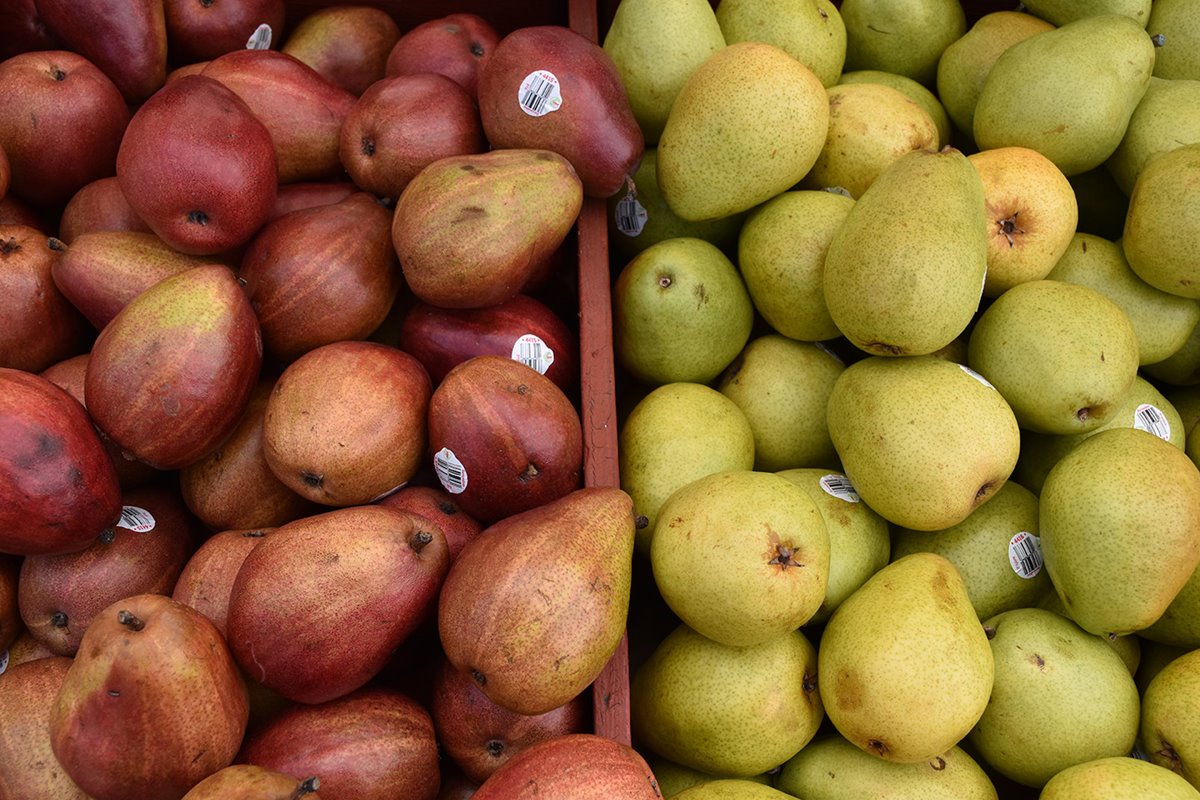Emergency Food Assistance Program (EFAP)
The goal of this program is to alleviate hunger in Washington State by providing funds, technical assistance, and information to community programs that deliver food and services to hungry people including those experiencing homelessness. EFAP was established in 1986 and now serves approximately 2.2 million people each year (13.4 million visits). The program is supported by state and federal funds.

Who can receive food at EFAP pantries?
Anyone living in Washington State that self-declares they do not have the resources to feed themselves and their families can receive food from one (or more) EFAP pantry(ies) of their choice. No documentation is ever required to receive this food. Food pantries determine their hours of operation, distribution methods (e.g. shopping-style pantry, drive-thru, home delivery, etc), and how often food may be received (e.g. daily, weekly, monthly, etc). These policies must be in writing. Pantries may not discriminate against any class of people. The Lead Agency in your county, which can be found on the Access Food Near You page, can help you connect to food pantries in your area.

How are contracts determined?
WSDA awards contracts at the beginning of the state's fiscal biennium. The Lead Agency in each county is responsible for convening all participating food pantries and food banks in the area, along with all interested parties, for the Biennial Meeting. At the meeting, participating agencies vote to determine how EFAP funds will be utilized for the upcoming contract period. Participating agencies (Lead Agency, food bank(s), and new food pantries) are also determined by vote. This process, along with eligibility information and contract requirements, is described in the Procedures Manual on the Forms and Pubs page. Interested parties (food pantry or food bank) apply through the Lead Agency in their county, which can be found on the Access Food Near You page. Interested parties (Lead Agency) should reach out to Food Assistance; find the contact for your area on the Regional Representative Map.

How can program funds be spent?
Funding may reimburse participating agencies for costs related to running a food bank or food pantry. Allowable expenses include operational and limited administrative costs incurred during the contract period that have not been reimbursed by other programs. Examples include but are not limited to: food purchases; equipment purchases (prior approval required); vehicle maintenance and fuel; rent and utilities; staff salaries and benefits; training; limited non-food essential item purchases (e.g. toothpaste, diapers); limited indirect. Details on allowable and unallowable costs are included in the Procedures Manual on the Forms and Pubs page.
